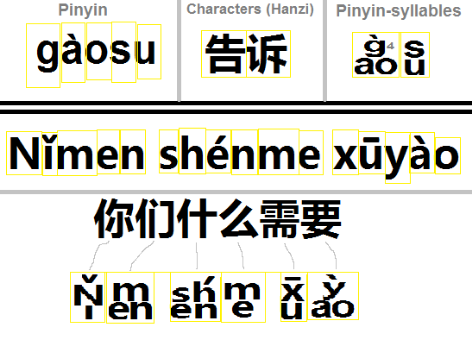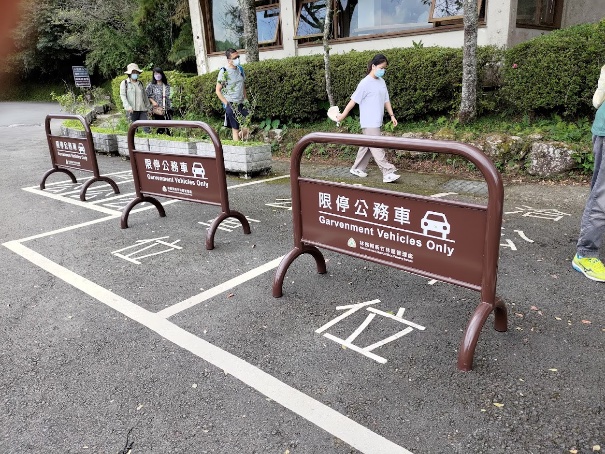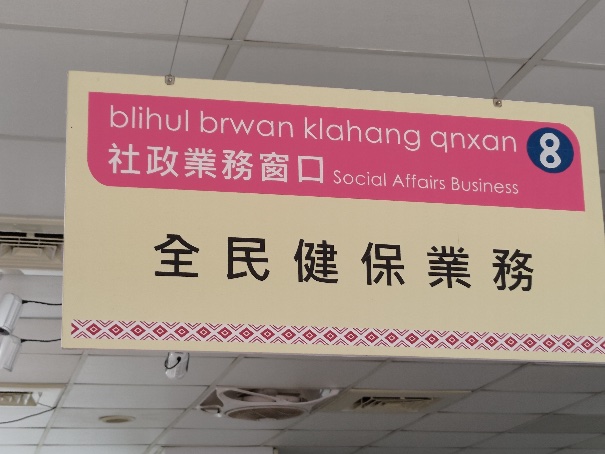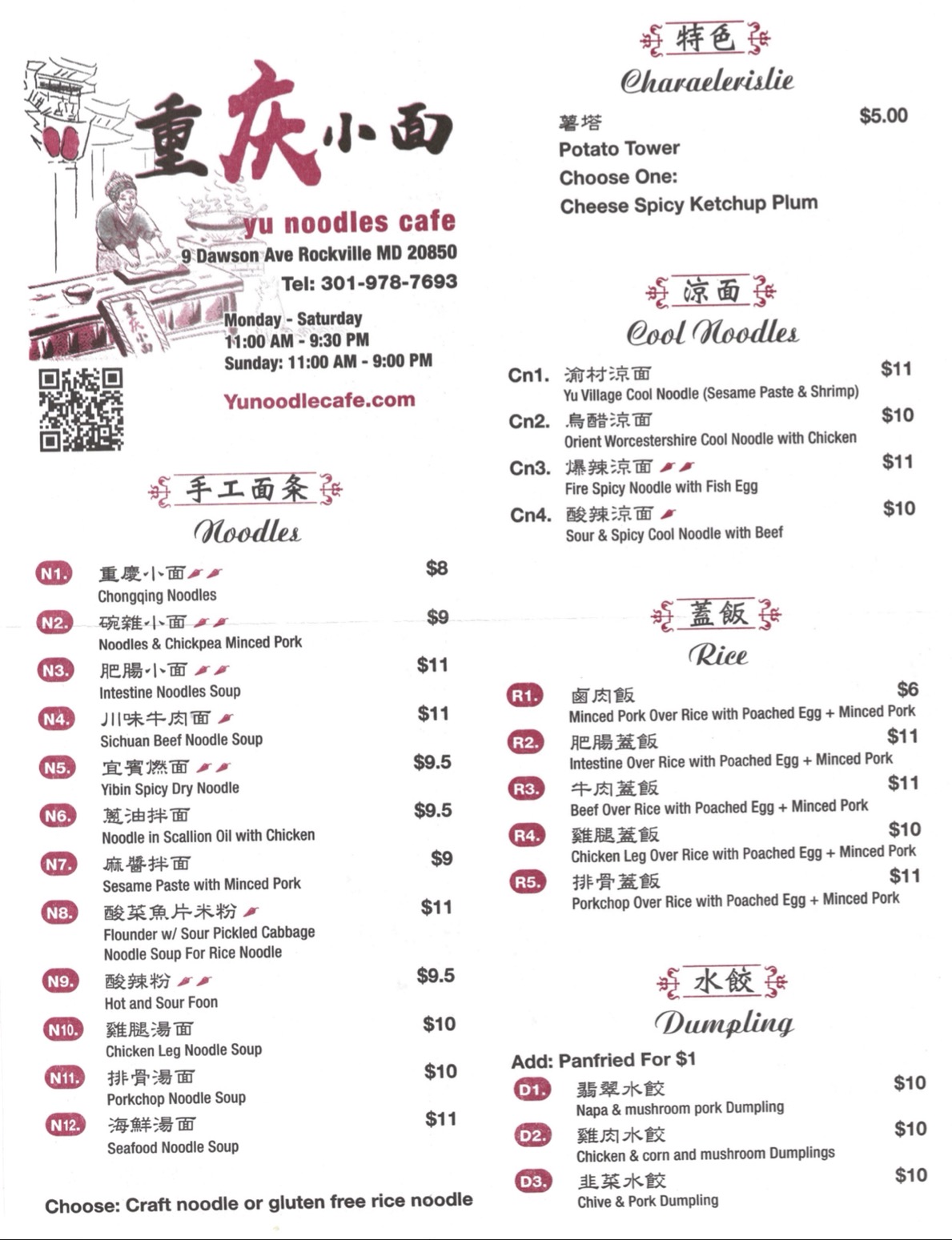Archive for Spelling
Spelling bee 2022 — back on track
This report can be relatively perfunctory, because the results are almost always a foregone conclusion. After a hiatus because of the pandemic lockdowns and then an incredible shocker last year (see "Selected readings" below), there are basically no surprises… though the format has evolved.
The new thing this time was a "spell-off" that kicked in if no winner came out after a certain number of rounds. It was hard to bring the previous bees to a conclusive end because the participants were so consummately well prepared — there was an 8-way tie in 2019. I like the new format because, not only does it eliminate overly long proceedings and multiple ties, it also adds an element of extra drama and speed to the finale. The unsurprising thing this year was that 11 out of 13 finalists looked to be of Indian origin. (source)
Read the rest of this entry »
A quaint and curious English village name
In studying the history of the Chinese Imperial examination system, I came upon an individual named Stafford Northcote (1818-1887), 1st Earl of Iddesleigh, who was instrumental in devising the British civil service. Naturally, I tried to pronounce the name of the village he was from, but couldn't quite wrap my head and tongue around it. So I decided I'd better do a bit of research on the history of Iddesleigh to see what topolectal gems lay hidden in that perplexing concatenation of six consonants and four vowels.
Read the rest of this entry »
Japanese orthography of Ukrainian city names
[This is a guest post by Nathan Hopson]
Like many around the world, I have been deeply saddened by Putin’s invasion of Ukraine. I have been watching news from around the world, including Japan. In addition to the actual war itself, and to the sometimes inane (studio talking-head) coverage of the war as some kind of horse race, I have been disturbed by the Japanese media’s failure to update the orthography of Ukrainian cities such as the capital, Kyiv.
Not a single domestic news outlet I am aware of―including the public broadcaster, NHK―has dropped the Soviet-era Russian name “Kiev” (キエフ) to replace it with Kyiv. CNN’s Japanese site, for instance, has similarly failed to revise its choice of katakana.
Read the rest of this entry »
Ten different ways to pronounce -ough
But first, English. English spelling is famously a hot mess. In each of the words though, tough, trough, through, thought, thorough, bough, hough, hiccough, and lough the "ough" is pronounced differently (at least for me; some English dialects merge some of these). 2/34 pic.twitter.com/pydydxZ9bv
— Michael Cannings (@formosaphile) February 17, 2022
Read the rest of this entry »
Concept of turning pinyin into a syllabary
From Agni Gopireddy (the title is as they gave it):
If one likes the idea, one may be able to use it for pinyin advocacy. The reason for this idea is mainly to make pinyin take up less space, which would mitigate one of the disadvantages it has relative to Chinese characters. Here are some mockups of how such an idea would look:

Read the rest of this entry »
Latinxua / Latinization — it worked in the 30s and 40s
Tweet from Alan DAI:
“the people’s paper” 老百姓报, a wall newspaper in yan’an, june 1937 — note that it is written with latinxua sin wenz, a romanization system developed by chinese and soviet sinologists during the early 1930s that did not mark tones and used a lot of fun x’s and z’s pic.twitter.com/vTMA7cUhKQ
— alan DAI (@dai_alan_dai) December 21, 2021
[Click on the photograph to see the complete Twitter thread, which has additional illustrations of printed Latinxua texts.]
Read the rest of this entry »
The beauty and power of spelling
I'm sitting in an Ethiopian restaurant eating lunch. I overhear the following conversation among the owner of the restaurant, a workman who had come in to fix something, and a helpful American sitting nearby.
OWNER: How much?
WORKMAN: That will be five niney.
[VHM: Of course, the two Ethiopians could speak Amharic to each other, but the owner was getting ready to write a check, so they had to get the amount right in English.]
OWNER: Five nineteen or five ninety?
WORKMAN: Five niney. Five nine 0.
Read the rest of this entry »
Spelling bee 2021 – Indian streak broken!
13-year-old Zaila Avant-garde of Louisiana is your 93rd Scripps National #SpellingBee champion ‼️
The first African-American winner of the competition 👏 pic.twitter.com/y2Y5dAGcVN
— ESPN (@espn) July 9, 2021
Read the rest of this entry »
Delete / elite button
I've written several posts about unpredictable typing mistakes that are not the result of auto-correct or sloppiness, but are produced through phonological confusion in my own neuro-muscular hardware and software (see "Selected readings"). This morning I experienced another funny occurrence of such a mistake.
I had lost over 7,000 of the recent e-mails in my inbox, so I wrote to the excellent IT guys in Williams Hall:
Crisis
I'm making good progress moving things from inbox to archives, but I just had a disaster. Everything in my inbox between these two e-mails is missing:
Margaret ******** today (6/18/21) 11:53 a.m.
MISSING
Jing *** (11/18/20) 11:06 p.m.
There are thousands of important e-mails to me with all sorts of information, attachments, and so forth that I need to take care of, some of them very soon.
Can you somehow restore the missing items?
Read the rest of this entry »
Sinitic spelling: winter melon and bean curd
Charaelerislie
Francois Lang sent in this menu from YU Noodles Cafe in Rockville, MD:
Read the rest of this entry »


